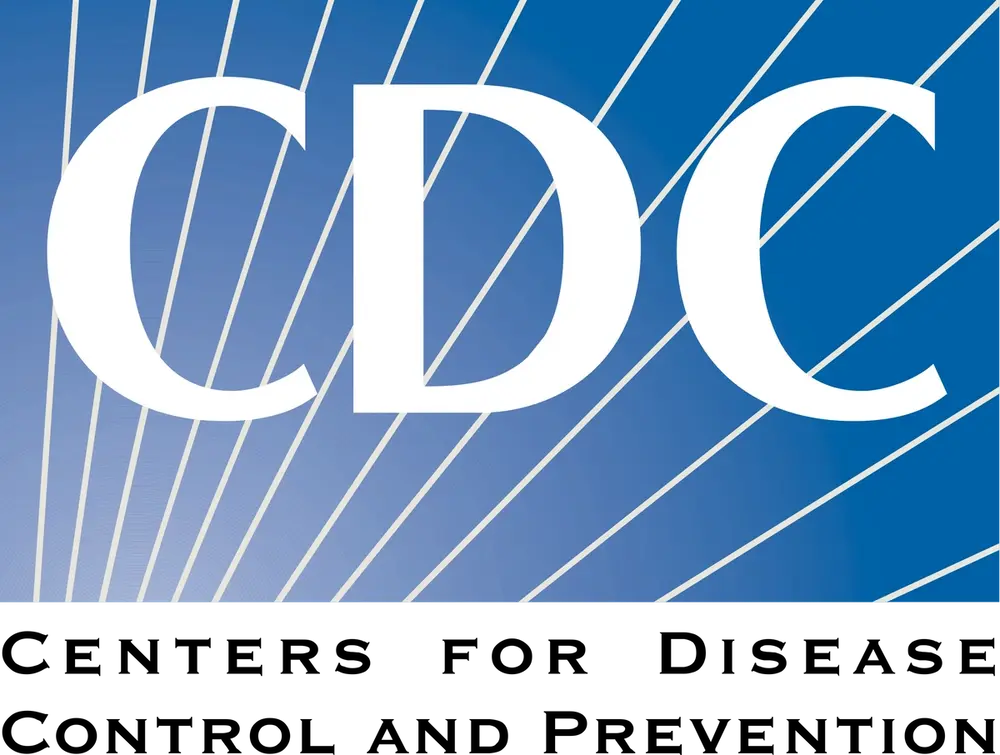Ceftolozane Tazobactam Linked to Increased Clinical Success in Pneumonia
In part two of our interview with Jason M Pogue, PharmD, BCPS, BCIDP, discussed the results of the CACTUS study, which compared the effectiveness of ceftolozane-tazobactam (CT) and ceftazidime-avibactam (CZA) in treating pneumonia, especially in reducing recurrent infections. The study found that CT was associated with a 10% improvement in clinical success, offering patients a 1.5-fold increased chance of success, which increased to nearly twice as high after adjusting for differences between groups. However, mortality rates were similar between the two treatments, and both showed high resistance development. The study particularly highlighted CT’s benefit in pneumonia patients, where it reduced the likelihood of recurrent infections. Despite modest overall success rates, Pogue emphasized the need for further research, especially in severe patient populations, and suggested that randomized controlled trials would be ideal for validating the results.
COVID-19 Roundtable: Prophylaxis for the Immunocompromised
This week, our panel of experts discussed the use of monoclonal antibodies and other COVID-19 therapies, particularly for immunocompromised patients. Studies have shown that these populations have a significantly lower response to COVID-19 vaccines, with reduced seropositivity and lower vaccine efficacy against hospitalization. In light of this, monoclonal antibodies like Invivyd’s pemivibart (Pemgarda) have gained attention as potential pre-exposure prophylaxis (PrEP) options for immunocompromised individuals. Panelists emphasized the importance of continued vaccination but acknowledged that these FDA-approved treatments have improved outcomes in both inpatient and outpatient settings.
Pfizer Launched Phase 3 Trial for Ibuzatrelvir, New Oral Antiviral for COVID-19 Treatment
Charlotte Allerton, Head of Discovery & Early Development at Pfizer, discussed ibuzatrelvir, a second-generation oral antiviral being evaluated in a Phase 3 trial for treating high-risk, non-hospitalized COVID-19 patients. Unlike PAXLOVID, which combines nirmatrelvir and ritonavir, ibuzatrelvir is a single-agent treatment designed to reduce drug-drug interactions and eliminate taste disturbances associated with ritonavir. The Phase 3 trial aims to assess its efficacy in preventing severe disease progression, including hospitalization and death, as well as its impact on symptoms, viral load, and Long COVID. The trial will enroll 2,330 participants and evaluate safety and efficacy over 24 weeks. Allerton emphasized that ibuzatrelvir could simplify treatment regimens, particularly for patients sensitive to drug interactions, and remain effective against evolving COVID-19 variants due to its intracellular mechanism targeting the Mpro protease.
CDC: Genetic Mutations of Avian Influenza Emerge in First Severe US Case
The CDC is investigating the first severe human case of avian influenza A(H5N1) in the US, identified in a patient in Louisiana. Sequencing of the virus revealed mutations not seen in previous cases, suggesting these changes emerged during the patient’s infection as the virus replicated. This mutation pattern is different from viruses found in nearby poultry, indicating the changes were specific to the human host. The patient, who had a history of exposure to backyard poultry, is the first in the US to require hospitalization for A(H5N1). While the CDC found no evidence of person-to-person transmission, they noted that mutations like these could be more concerning if observed in animals or early in infection when they might aid in transmission. There have been no reports of further cases linked to this patient.
Eye Drops Recalled Due to Concerns Over Fungal Contamination
On December 21, Alcon Laboratories issued a voluntary nationwide recall of Systane Lubricant Eye Drops Ultra PF, Single Vials On-the-Go (25 count), Lot 10101, with an expiration date of 2025/09. The recall was prompted by a consumer complaint about foreign fungal material found inside a sealed vial. Fungal contamination in ophthalmic products can cause serious eye infections, potentially threatening vision or life, especially in immunocompromised patients. Consumers are advised to stop using the affected product immediately and return it for a replacement or refund. No adverse events have been reported as of the recall notice. For further information, consumers can contact Alcon at 1-800-241-5999.






